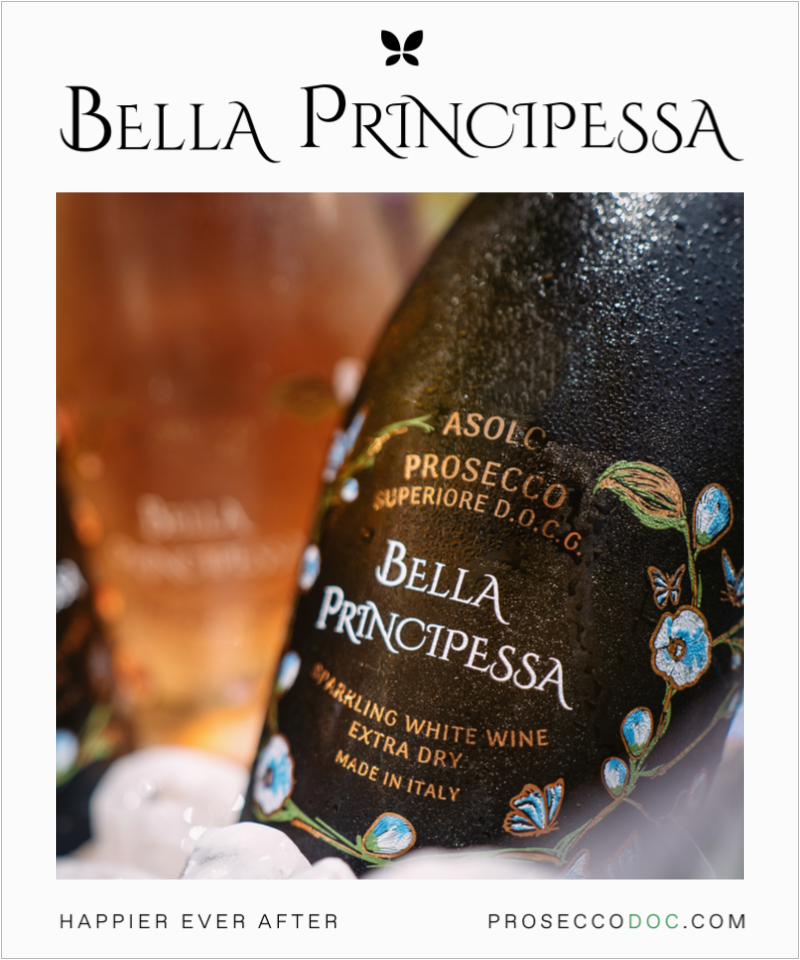The notion that “Prosecco is just cheap Champagne” is a common misconception. While Prosecco and Champagne are sparkling wines, they differ fundamentally in several aspects, including production methods, grape varieties, and geographical origins.
Prosecco, originating from Italy, is made primarily from Glera grapes. It’s known for its more affordable price point compared to Champagne. However, this doesn’t imply that Prosecco is inferior in quality or simply a cheap alternative to Champagne.
The lower cost of Prosecco is primarily due to its production process. Prosecco utilizes the Charmat method, where the wine undergoes secondary fermentation in large pressurized tanks, allowing for efficient large-scale production. This process is less labor-intensive than the traditional Champagne production method, which involves secondary fermentation in individual bottles.
The flavor profiles of Prosecco and Champagne also differ significantly. Prosecco is renowned for its lighter, fruitier, and more floral characteristics, often offering apple, pear, and citrus notes.
Champagne, in contrast, is known for its complexity and richer taste, with notes of almond, citrus, and brioche. These distinct flavor profiles result from the different grape varieties used and the terroir of their respective regions.
Furthermore, Champagne has a strict geographical indication. It can only be called Champagne if it’s produced in the Champagne region of France, following stringent production standards. Prosecco, while also having protected status, is produced in the Veneto region of Italy under different regulatory standards.
In the world of sparkling wines, brands like Bella Principessa Prosecco and Signorina Prosecco exemplify the quality and character that Prosecco offers. They showcase that Prosecco is not just a budget-friendly alternative but a distinguished wine in its own right, with a unique charm and flavor that appeals to a wide range of palates.











